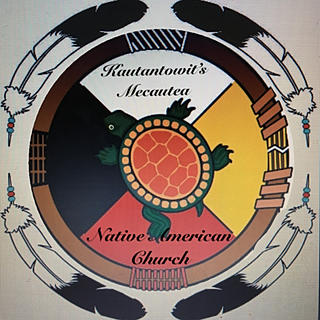A Look at Heaven
- kautantowitmecautea
- Feb 24, 2021
- 2 min read
KMHQ 2/21/2021

Heaven, in many religions, the abode of God or the gods, as well as of angels, deified humans, the blessed dead, and other celestial beings, heaven may be characterized as a garden (nature perfected) or a city (society perfected) or both at once; it may be a realm of mystical tranquility or of heightened activity.
It is often conceived as an expanse that overarches the earth, stretching overhead like a canopy, dome, or vault and encompassing the sky and upper atmosphere; the Sun, Moon, and stars; and the transcendent realm beyond.
Many myths of the origin of heaven recount that in the beginning heaven and earth were closely wedded; the present condition of estrangement, marked by the withdrawal of the gods and by suffering, sin, and death, is the result of a catastrophic event for which human ancestors or rival heavenly powers are to blame.
Thus the Book of Daniel, considered the latest composition in the Hebrew Bible, contains this prophecy:
Many of those who sleep in the dust of the earth shall awake, some to everlasting life, and some to shame and everlasting contempt. Those who are wise shall shine like the brightness of the sky, and those who lead many to righteousness, like the stars for ever and ever. (12:2–3)
Earning a place in heaven usually requires meritorious activity, such as almsgiving, caring for the sick, performing sacrifices or other sacramental rites pleasing to the heavenly powers, exhibiting heroic virtue as a warrior, ascetic, or martyr, or enduring great suffering. Some traditions believe that merit can be transferred by means of pious actions performed on behalf of the dead. Yet many take the view that heaven is attainable only as the free gift of a divine being.

“The heavens are the LORD’s heavens, but the earth he has given to human beings” (Psalm 115:16). Heaven (in Hebrew, the plural šāmayim) was a vast realm above the earth, supported by a hard firmament of dazzling precious stone, which kept the upper waters from mingling with the waters beneath. The Sun, Moon, and stars were set in the firmament, and windows could open to let down rain, snow, hail, or dew from the celestial storehouses. God, the maker of heaven and earth, was enthroned in the highest reach of heaven; from there he intervened in the affairs of his creatures and revealed through Moses and the prophets his sovereignty, providential care, and cultic and moral demands. Surrounding the divine throne was a heavenly host of solar, astral, and angelic beings. These celestial beings shared many attributes with the gods and goddesses of Canaanite and Mesopotamian polytheism, but the emerging monotheism of the Hebrew Scriptures demanded exclusive commitment to one God, referred to as The Lord, to whom all powers in heaven and on earth were subject.

Comments